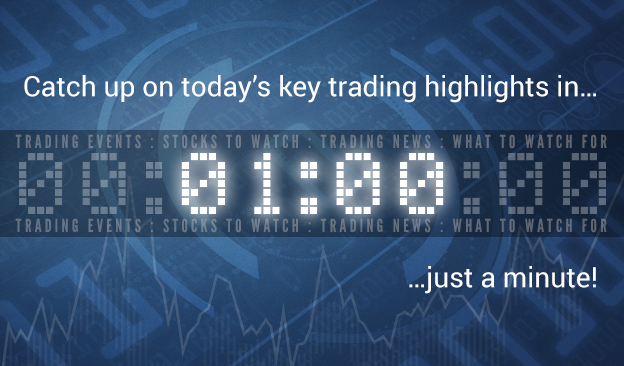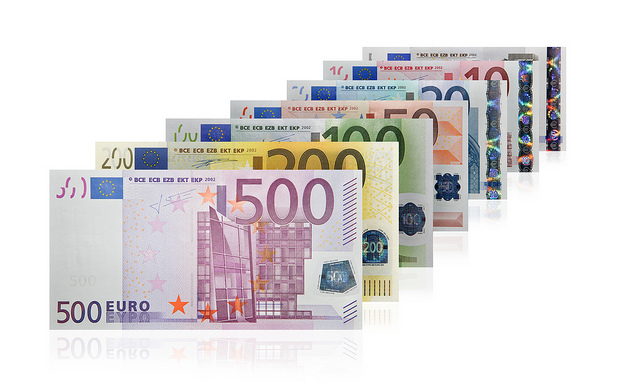With news that Ebay is now considering accepting Bitcoin as payment, could this pave the way for other large e-commerce giants to follow suit? A final decision has yet to be made pending clarification on the regulatory framework but the company’s interest in the digital currency is evident following one of PayPal’s CEO David Marcus’s recent tweets: “We treat BTC and any FX the same way. We’re believers in BTC though.” Next month, both eBay US and eBay UK will allow its customers to buy and sell Bitcoins for the first time.
The news comes at the same time as Google let slip that it is exploring possible Bitcoin integration plans. Although it hasn’t yet incorporated Bitcoin into any of its products, Google has been more enthusiastic than many other tech firms. So far at least, online retailer Amazon has said it has no interest in using the virtual currency. Apple hasn’t allowed a single Bitcoin client into its iOS app store either - although dozens of Bitcoin wallets are available for Android. But for Google, Bitcoin integration could offer a boost to the company in its digital payments competition with Paypal. Overstock.com recently illustrated the buzz that Bitcoin adoption can generate when it received $130,000 Bitcoin sales in its first day of accepting the currency, mainly from new customers.
The list of Bitcoin vendors is growing every day and with the big e-commerce giants now taking it seriously, Bitcoin could really start to establish itself in the mainstream economy. As things stand, most businesses factor the fees for their payment processors into the price of their products or services. Accepting Bitcoin would allow them to cut out the middlemen and thus reduce their transaction fees… and with the world’s first Bitcoin ATM located in Vancouver already in operation, you can’t help thinking that it won’t be long before Bitcoin transactions will become as natural as those by credit card, only cheaper!














